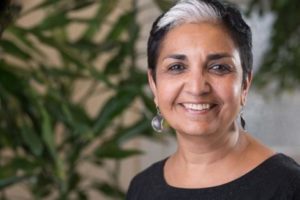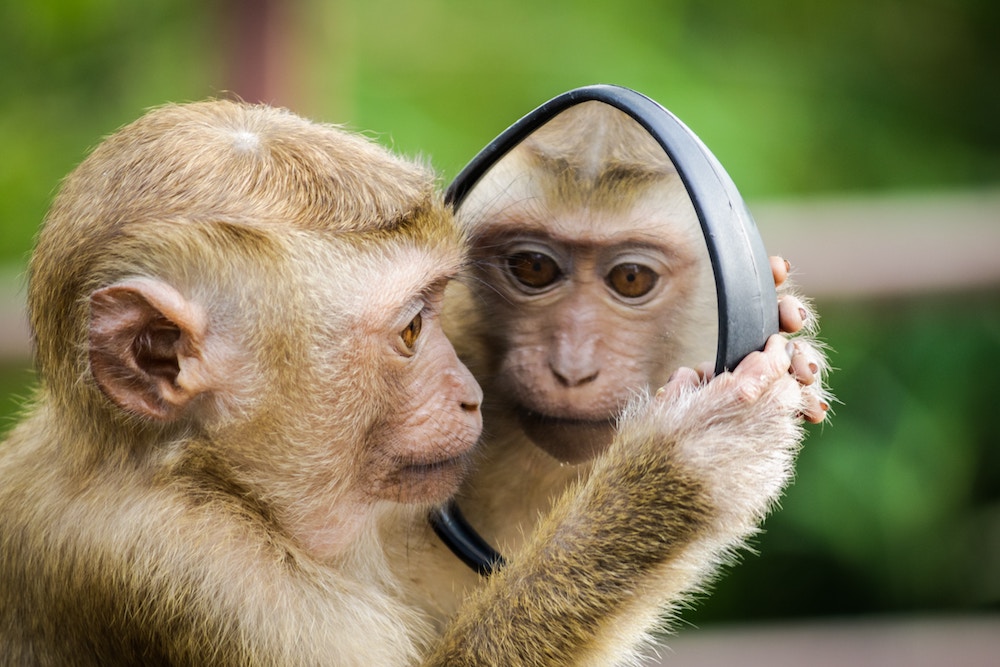In brief
In this contribution to Joining the Dots Arvinda Gohil discusses relationship building in local communities and the importance of organisations that “mirror” the communities they serve.

Arvinda Gohil
CEO at Central YMCA
Arvinda Gohil has recently taken on the role of CEO at Central YMCA and has a long history of working in communities with a passion for creating equality, equity and inclusion.

So what is this special ingredient that enables this mirroring to work so strongly and why is it
important?
It is only when we are able to demonstrate empathy, a true desire to support and a genuine commitment to assist people regardless of how they present and the complexity of their lives that we are able to work with and show empathy for people in need of support
Only when we stop treating people who come through our doors as ‘other’, as ‘disadvantaged’, as ‘needy’, ‘in need’, requiring ‘help and support’, can we truly begin to be organisations that genuinely reflect communities we aspire to work with.
Yes, it is us that aspire to work with them and we recognise that we are all in some way or another, at some points in our lives, users of support and services. We are all at some time likely to use the NHS at some time in our lives, the Chemist, social services, etc.
We are all the community and we are all equal members and participants in this community, however you may define that community. If we do not in organisations look and feel like the community we live and work in, we will never succeed. We will always remain the ‘other’.
This special cocktail of ingredients is often overlooked and undervalued and yet in community based organisations, it is what sets them apart.
The ability to mirror a person’s ethnicity, gender, experience and similar life chances makes the quality of engagement and dialogue something special and precious. It helps us create empathy and understanding that goes beyond the need to talk the same language.
In building a team that is able to achieve this special cocktail, employing an excellent skilled youth worker is as important as their ethnicity, gender, socio economic group and many other such traits. We have failed to recognise that these traits are as important as the technical experience of working with young people, older people, women, and so on. It is this approach that creates authenticity, a sense of belonging and brings about its own magic. It not only demonstrates to the community that we are of and from them, but also demonstrates to society at large that these places are what makes our country such a unique and special place.
